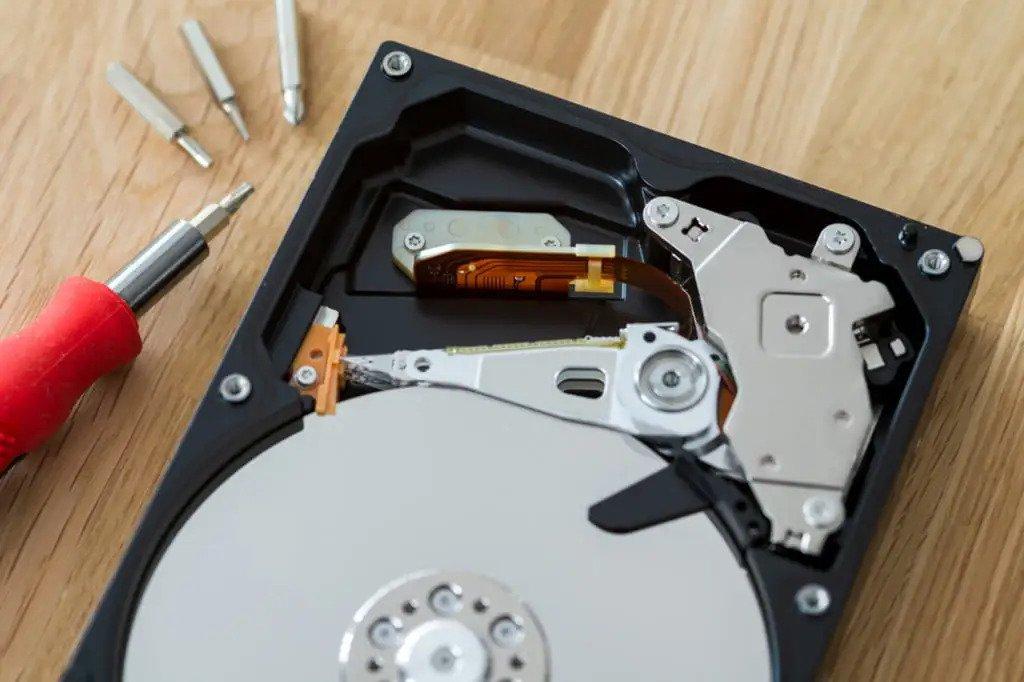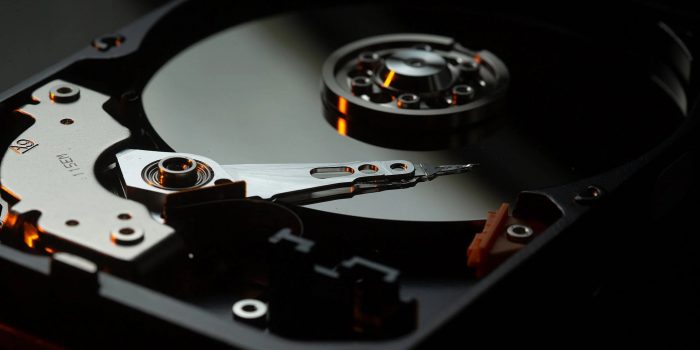You’re not alone if you’re hard disk drive (HDD) has failed you while working on an important project or even just casually watching a movie.
This is a very common phenomenon and according to research carried out across a sample of over failed 17,000 hard drives, the failure occurred after only two years and 6 months.
Cloud storage and backup company Backblaze released an interesting report about the average time it takes for an HDD to fail. They examined a total of failed 17,155 HDDs of varying sizes and models. They came to the conclusion that among the drives that failed, the average life span was only two and a half years.
This technically does make HDD one of the weakest and the component with the shortest life span. The study conducted by the company utilized its own failed drives from data centers, including models from Seagate, Toshiba, and Western Digital (WDC). A total of 72 different models were included.
Backblaze documented the power-on hours, failure dates, serial numbers, capacity, and SMART raw data of each drive. Drives that had failed as boot drives, exhibited data errors or inconsistencies or lacked SMART raw attribute data were excluded from the study.

Not only did the study reveal the short average lifespan of HDDs, but it also highlighted that Seagate drives were the most prone to failure, while WDC models experienced the least number of failures.
Among the tested drives, the Seagate 12TB ST12000NM0007 had the quickest failure rate, with an average lifespan of 1 year and six months and a total of 2,023 failures. The Seagate 4TB ST400DM000 had even more failures (5,249), but it lasted significantly longer on average, around 3 years and 3 months.

According to Backblaze’s findings, the average annualized failure rate (AFR) for active HDDs was 1.4%. This indicates that approximately 1.4% of all HDDs monitored by Backblaze failed each year.
As of the first quarter of 2023, Backblaze was overseeing a total of 241,678 drives, including both HDDs and SSDs. To calculate the AFR, boot drives and testing drives were excluded, resulting in a remaining count of 237,278 drives with a 1.4% yearly failure rate.
If you are still utilizing an HDD, you may wonder if there is cause for concern given their comparatively short lifespan once they fail. However, there is no immediate cause for worry.
Backblaze’s analyzed dataset does not include HDDs that are commonly used by the majority of users (such as 1TB, 1.5TB, 2TB, 3TB, and 5TB). It does appear though that smaller HDDs tend to have longer lifespans. It’s worth noting that the tests conducted only involved failed HDDs, and the AFR indicates that the failure rate is not excessively high.
Keeping this is view many individuals have transitioned away from HDDs and shifted to SSDs due to their declining prices and not to mention their faster speeds.


